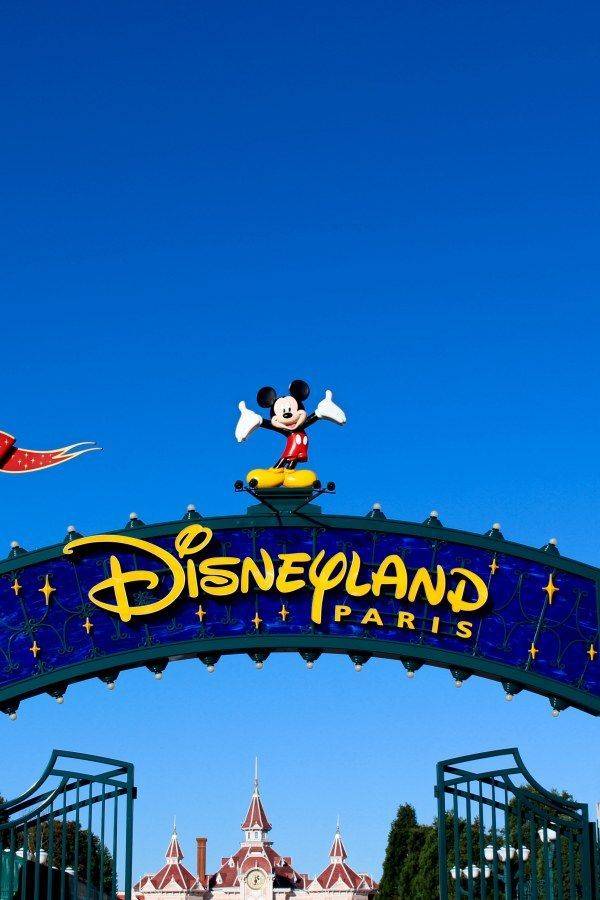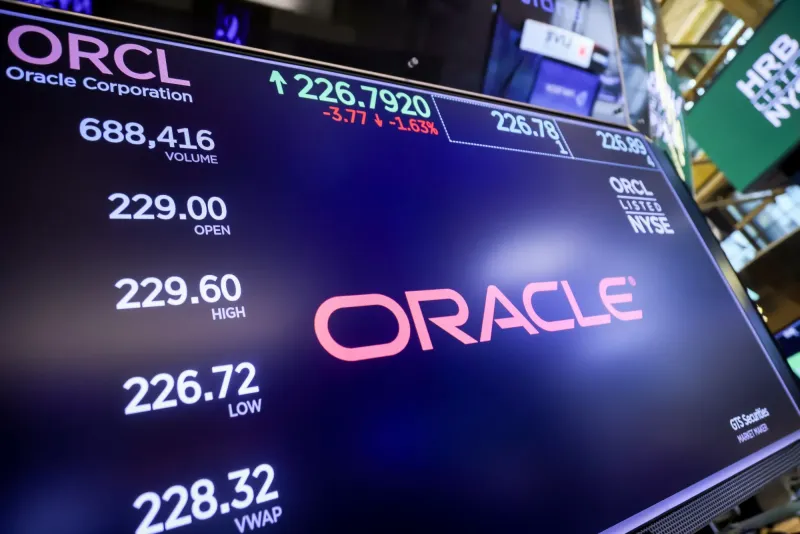Apple announced on Wednesday that "reader applications," which allow users to access libraries of literature on their phones, will be able to use external links within their apps to join up for services or manage their accounts.
According to Apple, the move applies to applications that provide magazines, newspapers, books, radio, music, or video material, and was disclosed last year as part of a settlement with the Japan Fair Trade Commission. Some of the most popular apps on Apple's App Store, such as Spotify and Netflix, are reader apps.
Apple previously prohibited app developers from referring users to a website to sign up. Instead, they were obliged to use Apple's App Store payment mechanism, which takes 15% to 30% of all sales. By linking out to an external website to sign up new consumers, these apps will be able to avoid Apple's costs.
The move, which is now reflected in Apple's App Store standards, would allow reader apps to handle their own customer management for customers gained through the app, which has been a stumbling block for app developers who have complained to regulators and courts throughout the world. According to Apple, the new policy is available worldwide.
Not all apps are subject to the regulation. In-app purchases, which account for the majority of Apple's App Store revenue, will continue to be supported by Apple's payment system.
In a blog post on its developer website, Apple stated that interested developers can fill out a request form and that Apple's Software Review process will still approve app upgrades. The link must be presented as a conventional link rather than a button, and it must include the domain name of the website to which it is connecting.
Apple also imposes various limitations on qualified apps, such as the inability to sell in-app purchases and the inability to provide real-time services with a person, such as tuition or fitness training, which are still required to utilize App Store.
Apps that offer digital material as a feature but are primarily used for other purposes, such as social networking, will not be eligible for the program, according to Apple.
Before the user exits the app, Apple mandates a popup warning stating "Apple is not responsible for the privacy or security of transactions conducted with this developer."
Apple's App Store guidelines have been scrutinized by courts and governments all around the world, prompting the policy adjustment.
In response, Apple has changed its policies and created carve-outs and discounts for certain types of apps and app makers, but it hasn't given up its core claim that it has the right to decide which software can run on iPhones, and it continues to argue that App Store fees cover more than just payment processing; they also cover distribution and support.
Apple also revised its stance in the Netherlands, where it was fined roughly 50 million euros for failing to comply with an order from the country's antitrust authority, the Authority for Consumers and Markets, requiring it to allow external links for dating applications.




